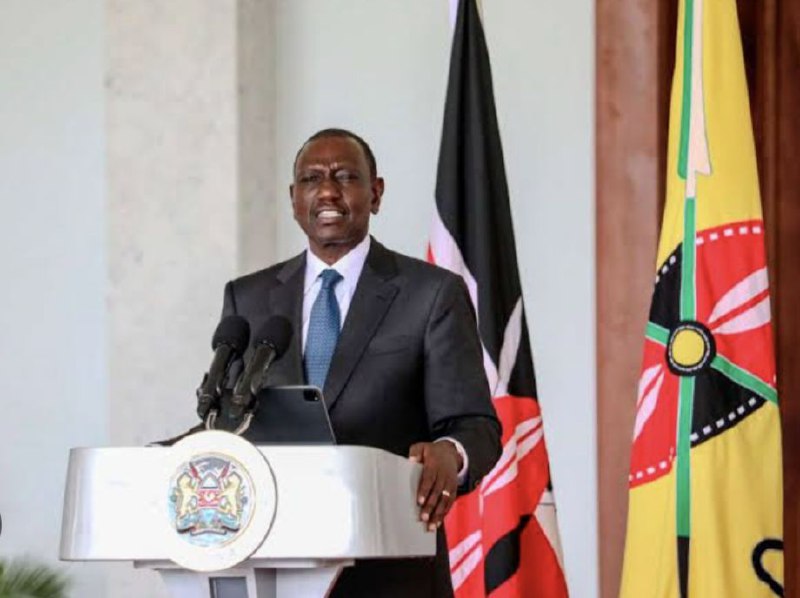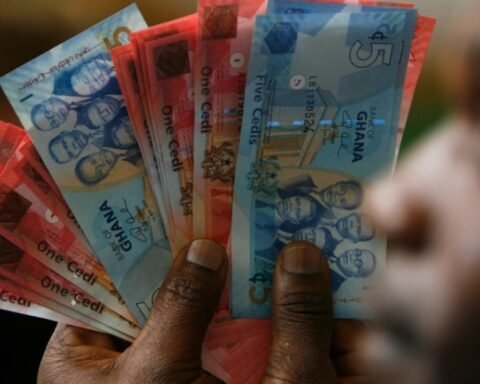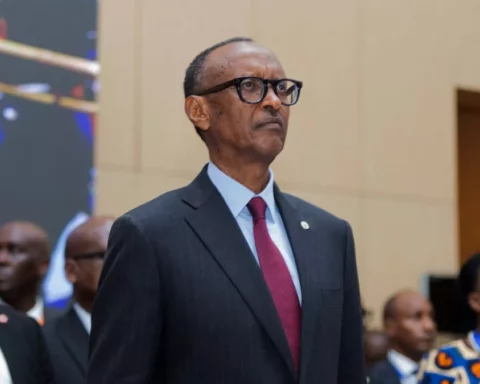President William Ruto has faced mounting pressure from nationwide protests and opted to return the controversial Finance Bill 2024 to Parliament for reconsideration.
This decision follows violent demonstrations on Tuesday, where protestors breached Parliament premises for the first time in Kenyan history
The Finance Bill 2024 has drawn widespread criticism for its proposed tax hikes, which many fear will increase the already high cost of living. Among the most contested provisions were a 16% VAT on bread and a 2.5% annual tax on motor vehicle insurance, both of which were amended after a meeting between Ruto and ruling party MPs
The protests, which began in earnest in Nairobi, saw over 200 people arrested as demonstrators clashed with police. Civil society groups, led by prominent activists like Boniface Mwangi, organized the demonstrations, vowing to continue until the bill is significantly revised
ReadMore;Police Patrol Tanzanian Cities Amid Escalating Traders’ Strike
Ruto, addressing the nation, emphasized his administration’s commitment to financial self-sustainability but acknowledged the need for broader consultation on the bill. He called for calm and assured citizens that their concerns would be addressed through parliamentary debate
The African Union has also expressed concern, urging the Kenyan government to respect the rights of peaceful protestors and ensure that any fiscal measures do not disproportionately impact the most vulnerable. The AU highlighted the necessity of balancing economic policy with social justice principles
As the bill returns to Parliament, lawmakers face the challenge of crafting a version that addresses the economic needs of the nation without unduly burdening its citizens. The Finance Bill 2024, initially aimed at increasing revenue, now serves as a focal point for broader discussions on economic equity and governance in Kenya.
The outcome of these debates will be closely watched, not just for their economic implications but also for their impact on political stability and public trust in government institutions. President Ruto’s handling of this crisis will likely define his administration’s approach to policy-making and crisis management moving forward.







A person essentially lend a hand to make critically posts I would state. This is the first time I frequented your web page and up to now? I surprised with the research you made to create this particular submit extraordinary. Wonderful job!
Hey very nice blog!! Man .. Beautiful .. Amazing .. I will bookmark your web site and take the feeds also…I’m happy to find numerous useful information here in the post, we need develop more techniques in this regard, thanks for sharing. . . . . .